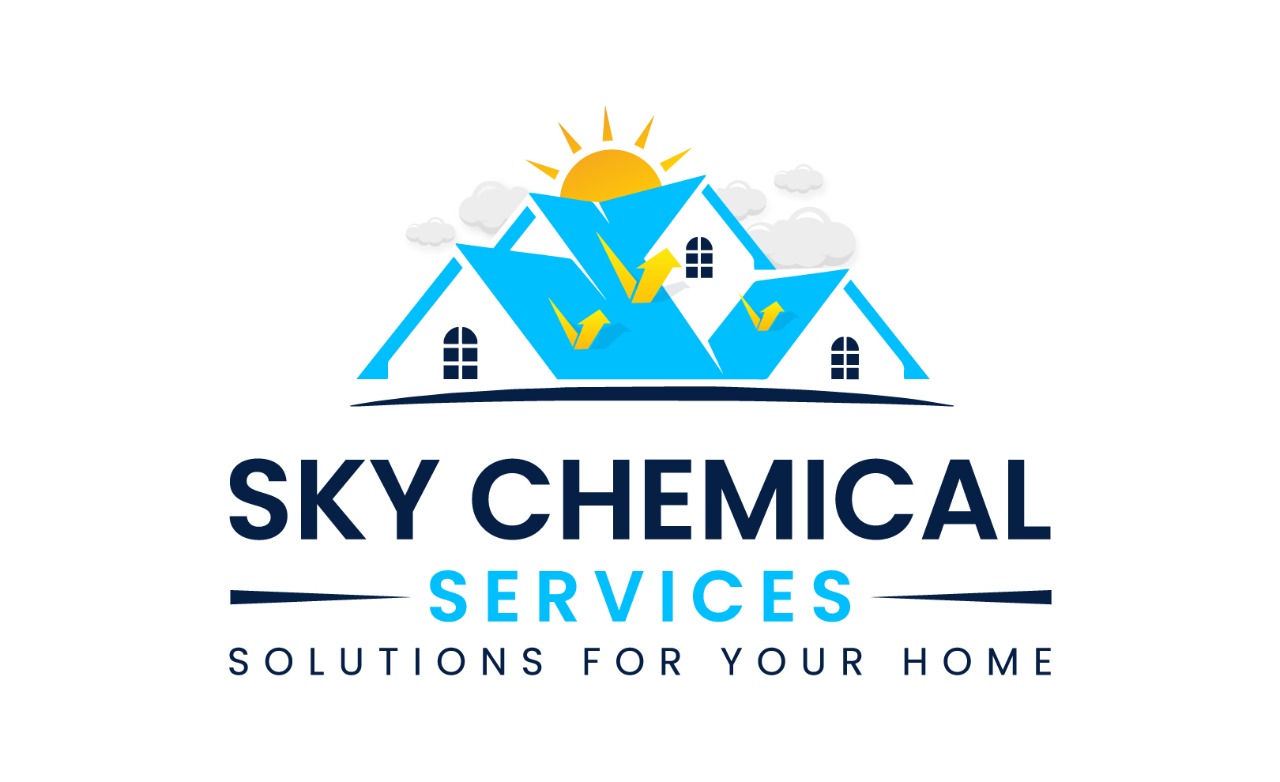Opting for the best waterproofing sheet on the market is not easy, especially if you are an amateur. Several aspects have to be considered, such as curing time, primer requirement, substrate type, etc. There are several types of waterproofing sheets available on the market, namely EPDM, bitumen, polyurethane, and thermoplastic.
Let’s discuss some pivotal factors related to the selection of waterproofing membrane.
-
Position of Waterproofing Membrane
Waterproofing membranes can be applied on three sides:
- Positive Side
- Negative Side
- Blind Side
Positive-side-waterproofing membranes are applied to the outer side of the structure, i.e., above, below or at grade. It should be applied when the surface is in touch with soil, freeze-thaw cycles, or limited humidity. Positive side waterproofing protects structural components, which include steel, concrete, etc.
Negative side waterproofing is applied to the inner side of the structure. It restricts water entrainment from the exterior. In addition, it can sustain hydrostatic pressure. Cementitious coatings are preferred as a negative side cover. This boundary is accessible to experts for minor fixes or modifications.
N.B. It does not protect the structure from freeze-thaw cycles.
Blind side waterproofing is applied after the concrete is poured over the soil system. It is optimal for high-density areas, such as tunnels, foundation walls, etc. Blindside is preferred for green projects because it reduces the amount of site area.
-
Above vs. Below Grade
Besides the positioning aspect, you need to check whether the system will be above or below-grade. The waterproofing system will differ significantly in this regard.
Above-Grade Waterproofing
In this system, the membrane should be breathable, i.e., it should allow air to pass through. Apart from that, it should be resistant to UV, freeze-thaw, corrosion and abrasion. The attraction factor should also prevail. Above-grade waterproofing is applied to vertical and horizontal surfaces, such as walls, balconies, roofs, and parking docks.
Below-Grade Waterproofing
Below-grade waterproofing is an essential process in the construction industry. It should be resistant to chemical attacks and hydrostatic pressure, perform in high groundwater, be flexible, and have uniform thickness with low absorption rate.
-
Types of Waterproofing Materials
Liquid Membranes
These membranes are optimal for horizontal surfaces. Most of the liquid coverings are applied with the melting process. The rubber, elastomer, or bitumen layer is fused on the surface for a reinforced layer. Ensure that the temperature variation is managed properly; fluctuations can cause the membrane to rupture or scale.
Types of Liquid Membranes
There are two types of liquid membranes:
- Cold-fluid-applied
- Hot-fluid-applied
Sheet or Film Membranes
Sheet membranes are made from different materials like modified bitumen, bentonite clay, rubber, polyethylene, reinforced polymers, EPDM, and more. Some common types of membranes are:
- Metal waterproofing membranes
- Sheet metal membranes
- Self-adhering sheets
Injection-Based Waterproofing
These membranes are installed by drilling holes in a foundation’s walls and floors, thereafter, pumping bentonite clay, liquid polyurethane, or epoxy waterproofing compounds for a positive-side waterproofing system.
Site Considerations
Site analysis is essential before the use of a waterproofing membrane (liquid or sheet). Prior to the construction process, the soil should be tested for water table, chemicals, and hydrostatic pressure. Alkalis and acids in underground water can weaken the steel reinforcement bars and the concrete. The physical properties of the soil should be tested too.
The water-table is also an important aspect in determining the material (liquid or sheet). Concerning below-grade structures, the table should be maintained at six inches below the ground slab. The water table test should be done when the table is at its maximum.
To know more about waterproofing sheet and its application, contact Sky Chemical Services today! We’re the best in the business!
